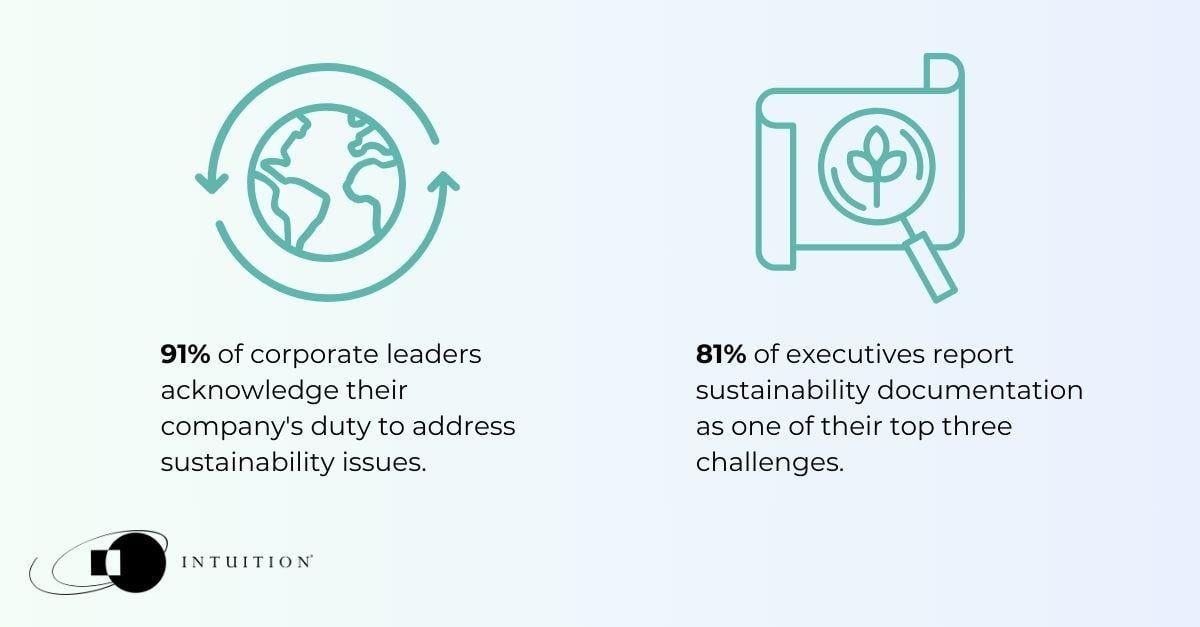
Is remote WFH romanticized or is it actually much better than the office? Source: AddItude magazine
There is no consensus on that question. Candidates believe they are more productive working from home whereas most managers usually think otherwise, or are not so keen on the idea.
Studies shed some light on the question although probably more research will be needed in the following decades as more and more of the workforces moves to WFH arrangements. In this post we summarize what the latest studies reveal on the question, with special attention to our own survey conducted with more than 1.000 employees and managers in Ireland.
What studies reveal about remote work and productivity
Prosperity’s report on remote work
At Prosperity, we have conducted a comprehensive survey with over 900 job candidates to gain insights into their experiences working remotely. The results were striking and very clear among the Irish workforce: a majority of 59% reported being more productive while working remotely, with only 7% reporting increased productivity while working from home. 32% of the respondents claimed they were equally productive in both settings.
.jpg)
And not only, workers are opposing fiercily the idea of RTO as more than 80% claim they would leave their current company if forced to return to the office. This will be a very difficult line to cross for companies wanting to get their employees to the office without the risk of losing them.
Mckinsey report
One of such early studies is the the McKinsey report on the future of work after COVID-19. It found that remote work has had a mixed impact on productivity.
On one hand, remote work has allowed for more flexible schedules and reduced commutes, leading to improved work-life balance for some employees. On the other hand, the lack of clear boundaries between work and personal life and increased distractions at home can reduce overall productivity.
The report also found that remote work might exacerbate existing inequalities, as not all employees have equal access to technology and a suitable home environment for remote work (McKinsey Global Institute).
Additionally, the report found that remote work has resulted in decreased face-to-face interactions and reduced opportunities for knowledge sharing and collaboration, leading to decreased innovation and a decline in company culture.
However, the report also highlights that with the right management practices, remote work can increase productivity and drive innovation by enabling organisations to access talent from a larger pool of candidates.
Forbes report on remote work
According to Forbes research, these results contradict the concerns expressed by some employers that remote work negatively impacts productivity. This belief is based on the employers' lack of visibility into their employees' work processes and the difficulties in effectively measuring productivity in a remote setting.
Some employers may struggle to see the progress and output of their remote workers, which can contribute to their perceptions that their employees are less productive (Forbes).
What employees really think about productivity WFH?
These findings challenge the concerns expressed by some employers that remote work negatively impacts worker productivity. In fact, according to our survey, a significant 47% of participants reported working more hours while remote, with 43% reporting working the same hours, and only 10% working less hours.
This dispels the common belief that remote workers are less productive and further highlights the importance of embracing flexible work arrangements in today's rapidly changing world of work.

Remote Work Productivity: Managers' Insights
In order to gain a comprehensive perspective on productivity while working remotely, we not only surveyed candidates, but also reached out to their managers.
The results were as follows: 50% of the managers surveyed felt that productivity was the same in an office setting as it was in a remote one, while 23% believed that their employees were actually more productive while working from home.
On the other hand, 18% felt that their employees were less productive, 6% were unsure, and 3% provided another explanation. These insights support a research conducted by academics at the University in Birmingham, which suggests that managers are becoming increasingly in favour of flexible working arrangements (Tech.co).

Key Takeaways from Remote Work Productivity Research
In conclusion, the remote-first revolution has sparked much debate about its impact on productivity.
While some employers have expressed concerns about decreased productivity, our survey results and expert analysis paint a different picture. A significant majority of our surveyed candidates reported being more productive while working remotely, and even managers have acknowledged that remote work can have a positive impact on productivity.
The key to making remote work successful and productive lies in effective management practices, such as clearly defining boundaries between work and personal life and ensuring equal access to technology and a suitable work environment.
As the world of work continues to rapidly evolve, it is clear that flexible work arrangements like remote work are here to stay, and it's important for companies to embrace this change and find ways to make it work for both their employees and their bottom line.
If you want to read more about remote work check our articles on office vs. remote work and the upcoming law on remote work in Ireland.
To find out more about the remote-work survey and the salaries in the digital field, check out Prosperity's Salary Survey for 2023.
If you need insights into the digital talent landscape please get in touch with us at Prosperity!
by Natalia Dercz




